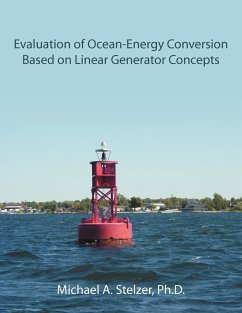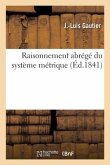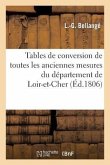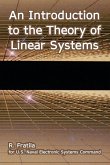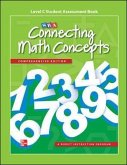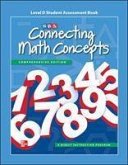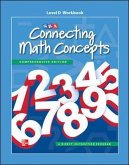EVALUATION OF OCEAN-ENERGY CONVERSION BASED ON LINEAR GENERATOR CONCEPTS As the world continues to demand greater productivity and lifestyle enrichment through technological advancements, the demand for electrical power is predicted to escalate dramatically. Thus far, this increased demand has been primarily supplied from fossil fueled plants. Unfortunately, the burning of fossil fuels produce harmful carbon dioxide pollution as a by-product. It has been hypothesized that unless a clean, renewable, and efficient alternate source of energy is found soon, the world may either exhaust its supplies of energy-producing materials or drastically degrade its environment. However, motions that occur naturally, such as ocean waves, can play a significant role in generating environmentally safe and economically viable energy for human utilization. The focus of this work predicts the electrical power generation capabilities from a seabed mounted linear generator tethered to a floating buoy heaving under the influence of passing ocean surface waves. Mathematical models are introduced which simulate the oceans' surface conditions under both the regular (basic) and irregular (natural) wave regimes, the heave (vertical displacement) response for a floating buoy, and the resulting electrical output parameters of the linear generator. Within these models, various physical and electrical parameters are altered in an attempt to generate a greater output power for a given sea state condition, making the Wave Energy Converter (WEC) more efficient. It is shown theoretically that the buoy can be designed to have a greater heave response than that of the height of a passing wave resulting in an increase in generated power from the linear generator. Author Information: Dr. Michael A. Stelzer is a Certified Project Manager and Senior Electronic Technician with a Ph.D. in Electrical and Computer Engineering. During his career to date, Mr. Stelzer has published four additional educational titles and has been admitted into Cambridge Who's Who top 101 industry experts.
Bitte wählen Sie Ihr Anliegen aus.
Rechnungen
Retourenschein anfordern
Bestellstatus
Storno

